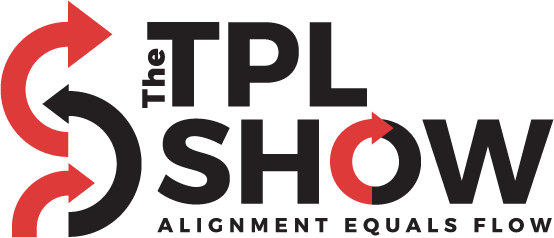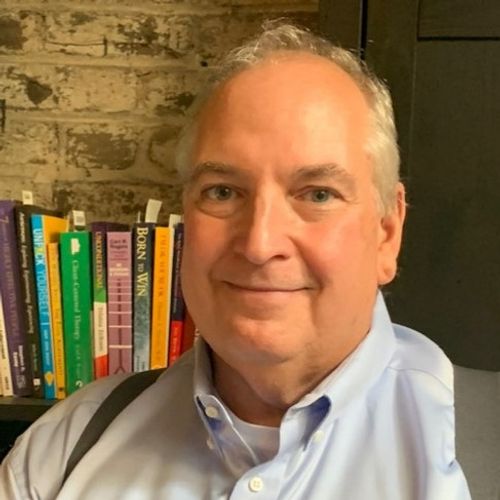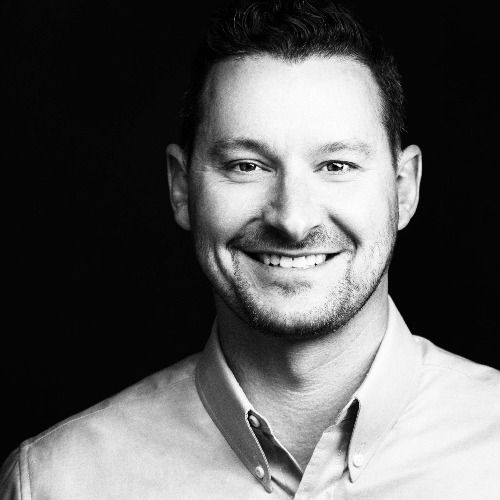Leveraging the Benefits of Evenness - Part 1
What
is Evenness?
- Evenness is a constancy of flow or condition that results in a beneficial outcome.
- In Business, Evenness is a state in which those involved in a process, or invested in an outcome, can count on regular, consistent, and predictable inputs, processing, and outputs.
- Evenness is also a matter of perspective. What some perceive as an even output at one point in a process can be preceded or followed by frenzied or erratic flow. So often, Evenness is a local point of view.
- There are two types of Evenness. Enterprise Evenness is the degree to which an organization’s Values Streams are Even. One of the best metrics for Enterprise Evenness is Forecast Accuracy. Local Evenness is the degree to which key performance indicators or important conditions are Even from the perspective of those who work in a particular process, system, department, etc. Local Evenness is also called Organizational Evenness.
Why is Evenness important?
- Rational reason – when you have a high degree of Evenness in a process, you can predict the outcome. What you can predict, you can control, and what you can control, you can improve. So, Evenness provides a platform for optimization.
- Emotional reason – Evenness reduces surprises and the need to react to them. Evenness reduces stress, anxiety, and fatigue. In other words, it reduces Overburden, which is called Muri in Lean Manufacturing. It enables the customer of the process (internal and external) to benefit from the certainty of on-time delivery that meets quality specs.
- Tangible reason – A high degree of Evenness allows those working the process to fine-tune it because they seldom fight fires. This transition from firefighting to fine-tuning drives variation and waste out of the process while increasing velocity and quality. Evenness is a key competitive advantage that is free in that it costs only the will to keep working on it. Perhaps most importantly, when the people see that their leaders relentlessly strive for Evenness, they are inspired to action.
How does an organization foster Evenness?
- Teach Leaders the concept of Evenness and establish the relentless pursuit of Evenness as an essential leadership duty.
- With input from leaders, establish the Hierarchy of Evenness.
- Identify and develop the key metrics of Evenness in your organization.
- Commission leaders to teach the people in their charge about the concept of Evenness, the organization’s Hierarchy of Evenness, and the organization’s Evenness Metrics.
- Pick your organization's most pressing point of Unevenness (Mura) and try to reduce it. Don’t whack the mole at the entrance of its hole (symptom), follow that mole’s hole back to the nest (root cause), and remember that you can almost never solve an Unevenness issue where it is occurring (showing up). Map the Process using the Evenness Metrics – A VSM works best for this. Identify the focus for improvement using the Evenness Metrics.
- Have the next point of unevenness lined up and be ready to attack it so that you are relentlessly seeking more and more Evenness. Even a little more Evenness is worth it, and even if you fail, the engagement you get from your people as they see you fight to make work more even for them will pay off ten-fold.
Key Tools
- Write us at info@tplshow.org for a free guide on Leveraging the Benefits of Evenness.
- Full Show Notes & Transcript.



